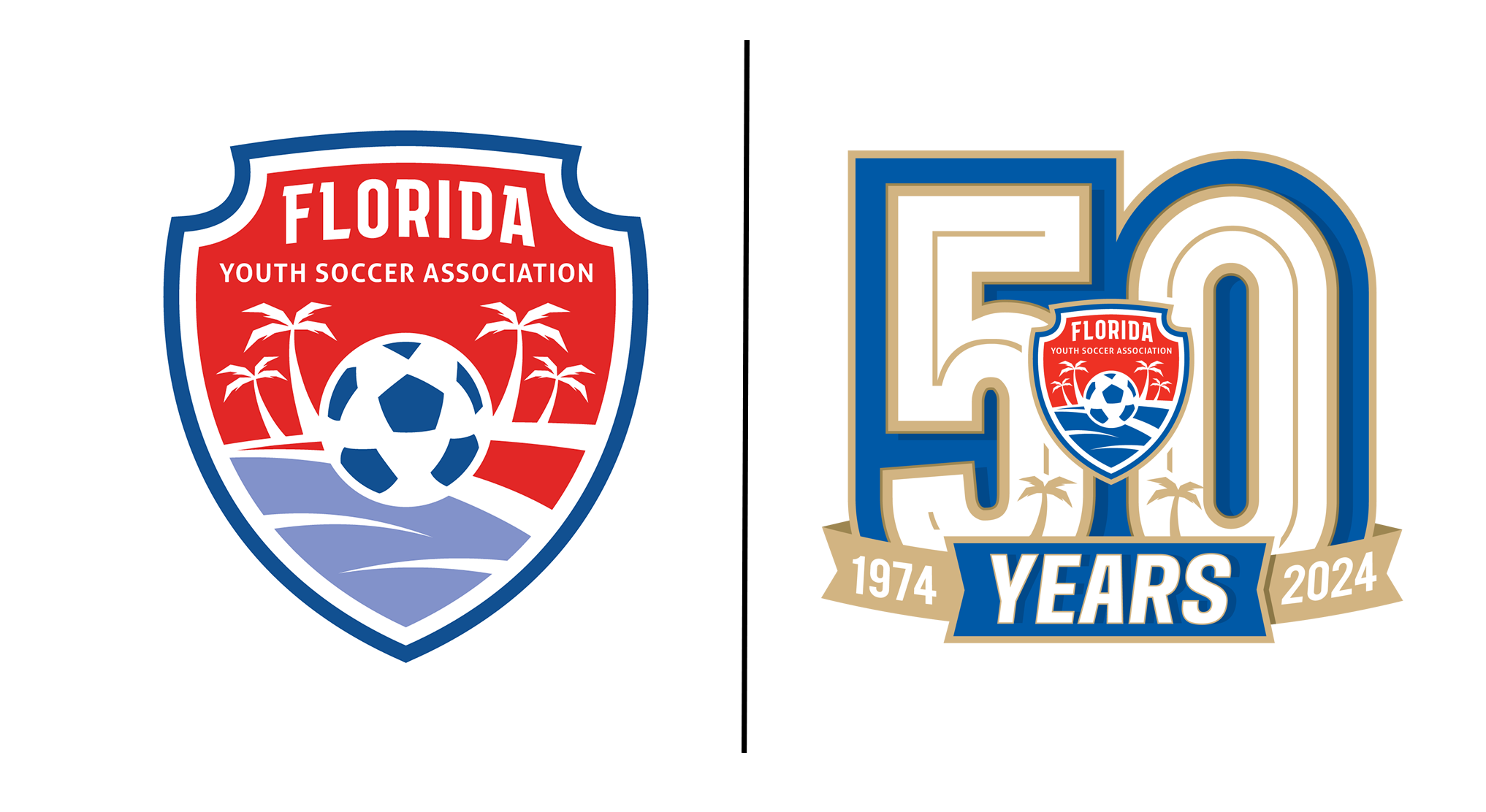A concussion can be difficult to recognize on the field. Most occur without a loss of consciousness or an obvious sign that something is wrong with a player’s brain function. They can occur at any time throughout games or practice, as a blow to the head or body from contact with the ground, the ball or another player. Working with leading physicians for more than a decade, U.S. Soccer created Recognize to Recover resources that will help coaches, players, parents and referees identify the signs and symptoms of concussion and immediately take action with the appropriate treatment.
Player safety has always been a top priority for the Florida Youth Soccer Association and for all of our affiliated clubs/leagues. In order to provide the safest guidelines for our players, we are implementing U.S. Soccer’s protocol for concussion awareness. Please find a wide array resources below about concussions.
From FYSA:
The following information has been provided by our partners at Orlando Health Sports Medicine.
WHAT IS A CONCUSSION?
A concussion is a brain injury resulting from a blow, bump or jolt to the head or anywhere else on the body, potentially influencing the way the brain normally works. While not often life-threatening, the effect can be very serious.
WHAT ARE THE SYMPTOMS OF A CONCUSSION?
For parents, coaches and athletes, education is key. Being able to recognize the signs and symptoms of a concussion is the most valuable in deciding what to do with an athlete who has sustained a suspicious injury. Most concussions occur without a loss of consciousness. If your child or teen reports one or more of the symptoms below, or if you notice symptoms yourself, seek medical attention right away and make an appointment with a concussion expert.
- Headache or a feeling of pressure in the head
- Temporary loss of consciousness
- Confusion or feeling “foggy”
- Ringing in the ears
- Memory Problems
- Nausea or vomiting
- Loss of balance or unsteady walking
- Sensitivity to light or sound
- Irritability or crankiness
- Balance Problems, Dizziness, Double or fuzzy vision
- Slurred Speech
- Fatigue
IS A HEAD INJURY OCCURS, WHAT SHOULD YOU DO?
Seek medical attention right away. In the event of a head injury, have your child evaluated as soon as possible. A medical expert will provide you with the best diagnostic tests and treatment plans.
ADEQUATE RECOVERY TIME
In Florida, the law requires a physician (MD or DO only) to evaluate and clear children before they are allowed to go back to a return-to-play protocol. Children with a suspected concussion must NEVER return to sports or recreation activities on the same day they sustain a concussion. Work with your medical expert on a plan to return to school that will support your child’s needs.

